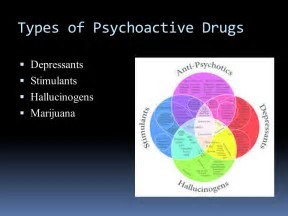In our quest to take an intensive look at the medications our assisted living residents are taking, and to determine if polypharmacy is a problem in long term care, we must review psychoactive medications, and in particular, antipsychotics.
In our polypharmacy series, we have looked at the definition of polypharmacy, how it affects our geriatric population, and de-prescribing. Now, we need to take a deeper look at some of the classes of medications our residents are taking.
Antipsychotic (AP) medications are used in long term care to treat problem behaviors, and many times they are used inappropriately or for an excessive time period.

There is a direct relationship between the quality of care in a long term care community, and the antipsychotic usage to manage behavior symptoms of dementia. These drugs can lead to the deterioration of medical and cognitive status, which affects a community’s ability to provide quality care.
The Centers for Medicare and Medicaid Services (CMS) tracks medication usage in long term care, and in 2011, 23.9% of long-stay nursing residents were receiving an antipsychotic medication; since then, there has been a decrease of 35% to a national prevalence of 15.5% in 2017. Assisted living has not seen that amount of decrease in AP usage; those physicians and nurses serving them should have the same goals of a 35% reduction in AP use.
At Guardian Pharmacy Atlanta, our team of pharmacists are always willing to review a drug profile, or make suggestions on appropriate use of psychoactive medications such as antipsychotics. We have consultant pharmacists that come in to the community and can work directly with staff and families to try to reduce some of the psychoactive drug use and the side effects caused by them. If you would like more information on this topic, please contact the pharmacy at 770-635-3301.

